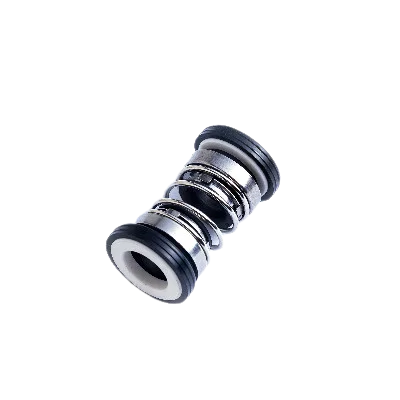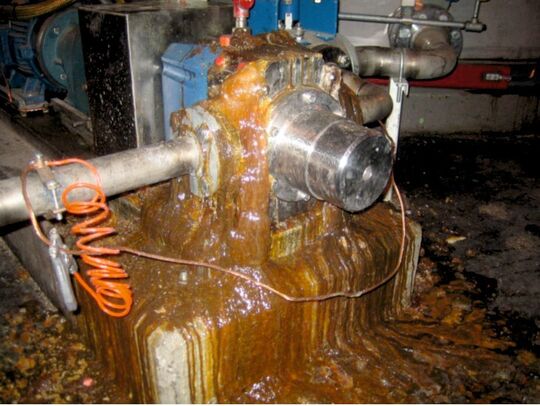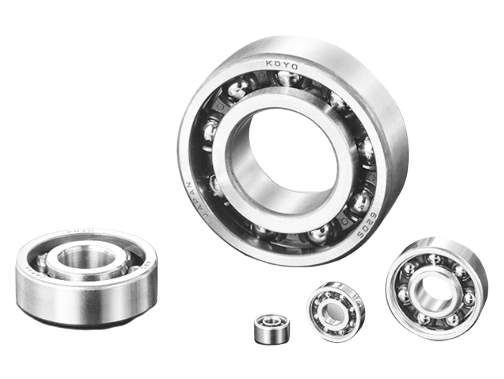Posted At: Mar 12, 2023 - 1,911 Views

In various industrial applications, mechanical seals are crucial as they prevent leakage. But, their failure due to different factors can result in costly downtime and environmental risks. This blog will explore some of the typical grounds for mechanical seal failure.
Dry Running
When a pump is operated without any liquid, it is referred to as dry running. This can cause internal components to experience increased levels of friction and heat, which can result in rapid failure since they usually depend on the pumped fluid for lubrication and cooling.

Phase-material worn out
The wearing out of the Phase material is a common cause of seal failure, often resulting from friction. However, there are methods available to extend the lifespan of these materials.

Compression set
If there is leakage at low pressure, it could mean that the seals are losing their elasticity, which is commonly known as compression set. Rubber and polymer seals are more susceptible to this problem. The elasticity of seals at low pressure is crucial, and any leakage at low pressure can serve as a useful indication of a problem.
Pressure trapping
In an ideal situation, it is recommended to avoid sealing two seals in the same direction when they are adjacent to each other. But, in certain circumstances, despite the recommendation, this situation can occur leading to the entrapment of fluid between the seals. If not addressed, this fluid pressure can increase significantly and eventually cause one of the seals to fail when the fluid bursts out.
Difference in fluid pressure
Seal failure may occur if there is a difference in pressure of the fluid (product), as this can cause the seal to not withstand the pressure.

Bearing failure
One of the main reasons why seals fail in pump systems is due to failure of the bearings. Bearings are integral components that support the pump's load and facilitate rotation. When bearings malfunction, it can lead to mechanical seal failure.

Shaft Bend
If a shaft is bent, it can result in the failure of the mechanical seal. This is because the axis of the shaft will not match its axis of rotation, causing various damages that can ultimately lead to the seal failing. Therefore, it is important to ensure that the shaft is not bent to prevent any potential damage or failure.

Misalignment
When the pump and motor coupling are not properly aligned, it can lead to vibrations in the shaft which can then cause damage to the mechanical seal. It is important to ensure proper alignment to avoid this issue.

No cooling plan for mechanical seal
When dealing with high temperatures, it is essential to implement a cooling strategy for the mechanical seal. Neglecting this step can result in the seal failure.
Using the wrong type of seal
The selection of a mechanical seal depends on various factors such as the nature of the application, temperature of the fluid being pumped, and presence of solid particles. If these factors are not taken into account and a wrong seal is used, then the chances of seal failure increase significantly.


